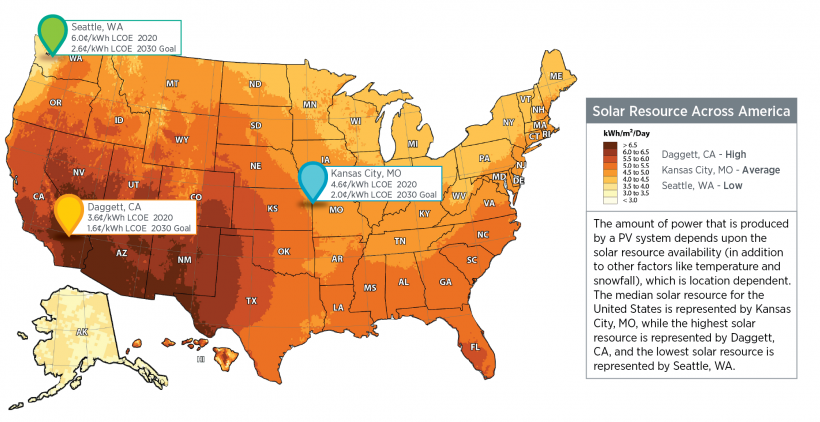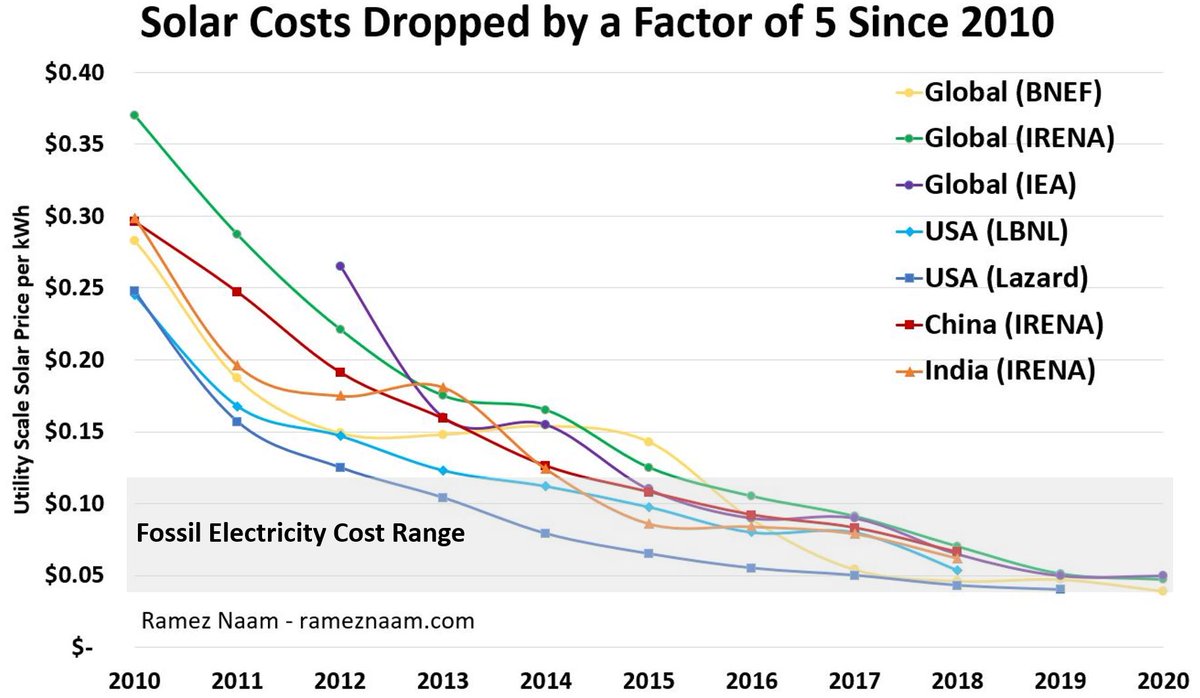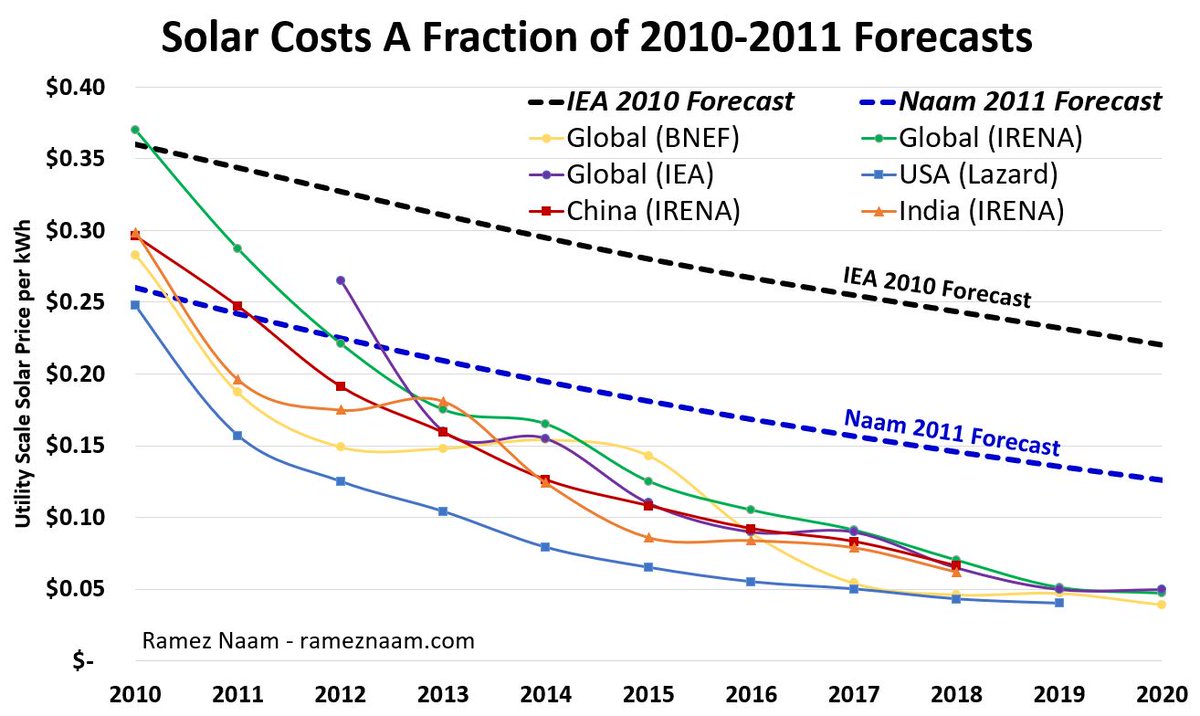
Thread: Joe Manchin is disturbed by the climate provisions in the budget bill that would phase out fossil fuels. He's wrong to be disturbed. Nevertheless, Dems should try to win him over by allowing coal and gas powerplants, IF they're fitted with CCS, to participate in a CES 1/N
Why would I say this?
1. Manchin's support is absolutely required in order to pass a Clean Electricity Standard, or to pass any reconciliation bill at all.
2. Coal is already increasingly uncompetitive. Adding CCS will make it even more expensive. Coal is dead, either way. 2/N
1. Manchin's support is absolutely required in order to pass a Clean Electricity Standard, or to pass any reconciliation bill at all.
2. Coal is already increasingly uncompetitive. Adding CCS will make it even more expensive. Coal is dead, either way. 2/N
3. Natural gas + CCS, on the other hand, may actually work. And it may be a useful tool for providing seasonal and multi-day generation to complement renewables and hourly storage. 3/N
4. New designs like NetPower (netpower.com) could make natural gas with carbon capture cheap and flexible. We'd be foolish to dismiss these completely. 4/N
That said, fossil generators have to be judged based on emissions post carbon capture, as well as methane leakage across the whole value chain from well to plant.
Gas + CCS projects won't be zero emissions. How they count in a CES should be based on actual emissions & leaks. 5/N
Gas + CCS projects won't be zero emissions. How they count in a CES should be based on actual emissions & leaks. 5/N
This bargain, of allowing fossil power plants that have CCS to participate in the Clean Electricity Standard, *scaled by the amount they actually reduce emissions!* has the potential to win Manchin over, while not meaningfully weakening a CES of 80% clean electricity by 2030. Fin
• • •
Missing some Tweet in this thread? You can try to
force a refresh






